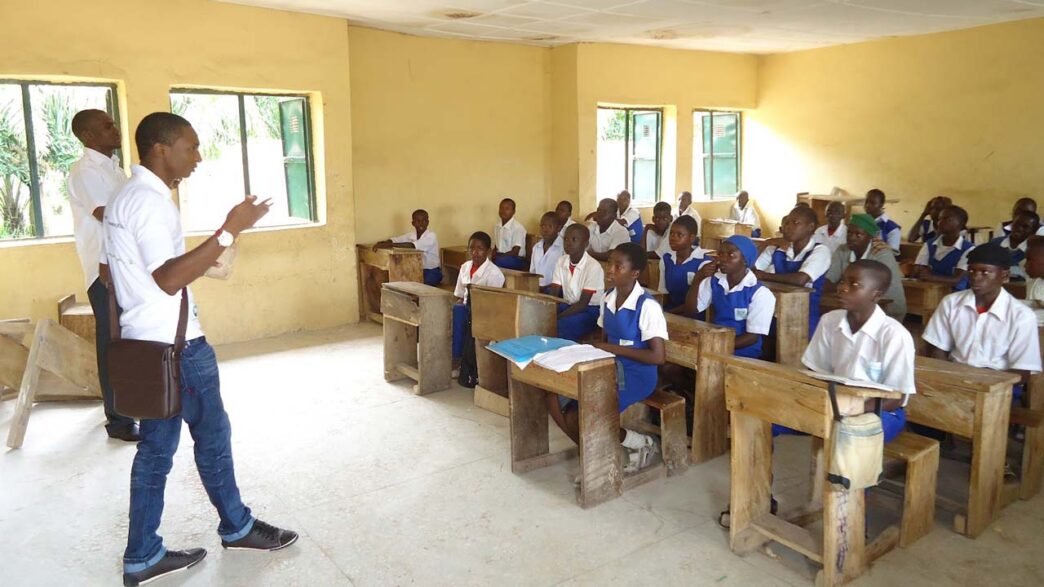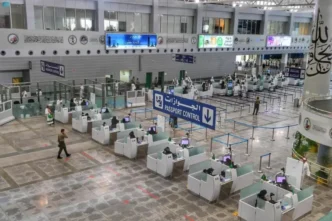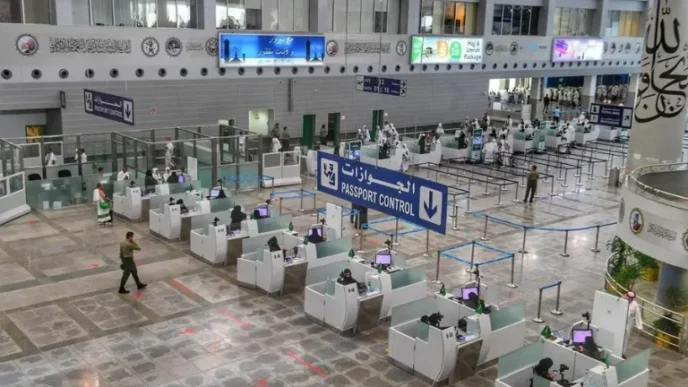The Nigerian government has reintroduced Nigerian History as a compulsory subject in the basic education curriculum, aiming to promote national identity, unity, patriotism, and responsible citizenship among young learners.
Announcing the development on its official X account on Wednesday, the Federal Ministry of Education stated that, for the first time in decades, pupils will now study History continuously from Primary 1 to Junior Secondary School 3 (JSS3). Students in Senior Secondary School (SSS1–3) will instead take a new subject called Civic and Heritage Studies, which integrates History with Civic Education.

According to the ministry, pupils from Primary 1 to 6 will learn about Nigeria’s origins, cultural heritage, heroes, rulers, politics, economy, religions, colonial rule, and post-independence governance. Meanwhile, students in JSS1 to JSS3 will be taught civilisations, empires, trade, European contacts, the amalgamation of Nigeria, independence, democracy, and civic values.
The ministry described the reform as a “priceless gift to the nation” that would reconnect children with their roots and instil pride, unity, and a sense of commitment to national development. It added that the revised curriculum has been released and that teachers will be retrained, resources provided, and monitoring mechanisms strengthened to ensure smooth implementation.
History was previously removed from the basic school curriculum following the introduction of the New Basic Education Curriculum in the 2009/2010 academic session, with reasons cited including low student interest, limited career prospects for graduates, and a shortage of qualified teachers. Efforts to reverse the decision began in 2017 when the Nigerian Educational Research and Development Council announced plans to bring the subject back, and in 2022, the government launched the first phase of teacher training to support its reintroduction.


 Trending
Trending 









